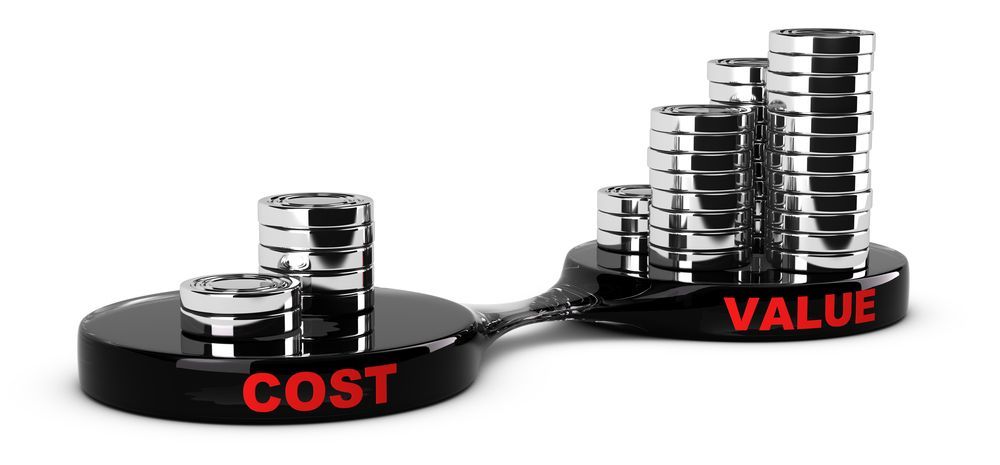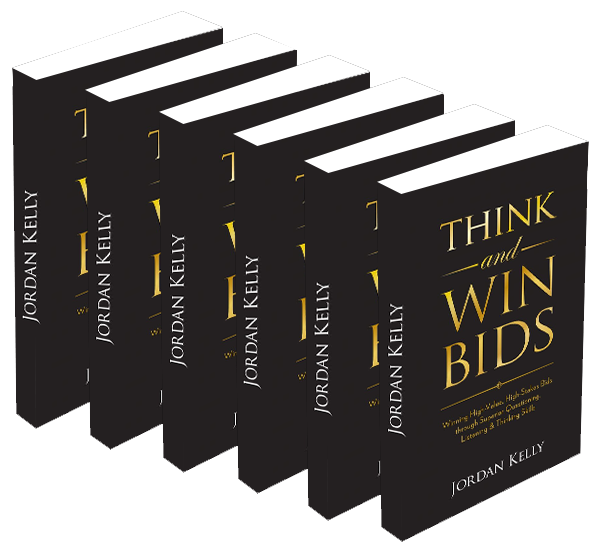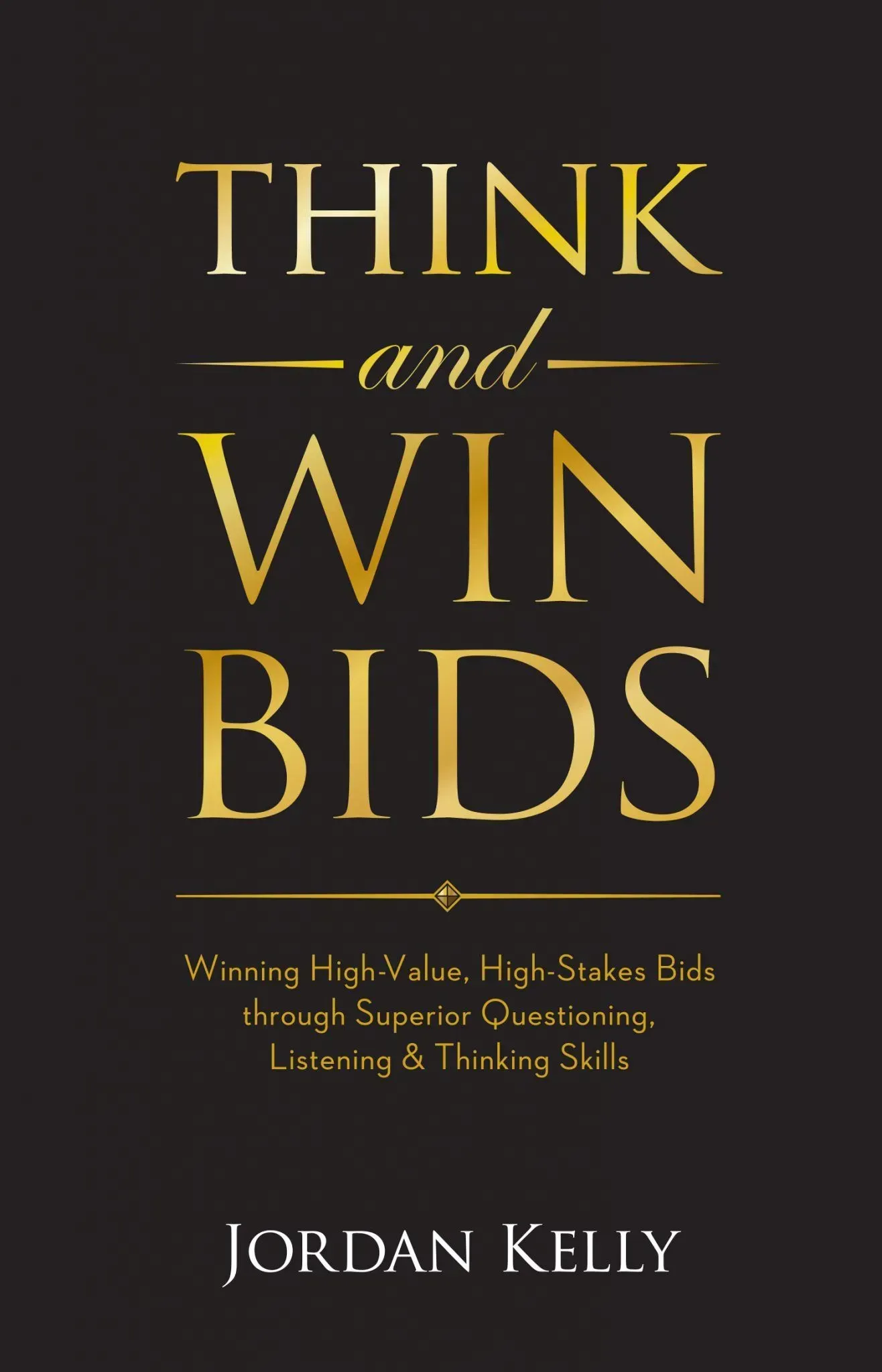CATEGORIES:

Within the public infrastructure space, I’m known for my specialisation in collaborative contract bidding – in which non-price-based "project alliancing" is the premium delivery format.
When responding to Requests for Proposal for this type of contract, price – literally – cannot be used to win the deal . . . because price is formulated in collaboration with the client only after award of the project.
In that type of bidding environment, you sink or swim based on your ability to develop a bid strategy with no reliance on price – but with total reliance on value delivered.
With “value” the focus of every element of the research and strategy formulation effort, the quest becomes firmly focused on exactly what it is that constitutes “value” and “value for money” in the context of the project being bid for, and in the context of the client’s world.
How is that relevant to tendering for a logistics or transport contract?
The key point of relevance is this – and it’s consistent with the core message of all my columns to date: If you can determine, with precision, what it is that’s most important to the client, above and beyond all else (and sometimes, the answer to that lies buried deep in the collective subconscious of the client organisation), nine times out of ten, you’ll have the foundation for your strategy.
And nine times out of 10, it will be “non-price-based”.
If you come in with the keenest price, but somehow manage to trash the client’s reputation within its marketplace, of what benefit is your low price? If you cause grief and aggravation through unreliable delivery times or poor materials handling, what is the true cost of your
“service” to the client?
These are clearly extremely basic and obvious examples of “cost” versus “value”.
However, if you drill down into all the ways a low price might be irrelevant in the face of poor performance on any particular contract, you’ll find a vast list of potential pain points that company will want to avoid. And faced with the prospect, its decision-makers will usually readily concede these aren’t worth putting up with for the sake of a low-ball price.
On the same hand, a bid team that does its background research, and that also finds a way and takes the time to drill deeply into the psyche of the client, is generally rewarded with the insights into exactly what it is that constitutes “value” to that organisation. And, again, nine times out of 10, the primary point of value will be non-price-based.
There are too many bidders out there – in all industries – whose automatic response to a loss is to attribute it to “being beaten on price”.
Some years ago, a survey of UK construction company executives was conducted. These executives were asked why they though they lost bids – and why they thought they won them. In almost every instance, these seasoned industry representatives believed their tendering victories were due to the outstanding job they had done when it came to understanding the client and the specific requirements of the project. But these same respondents believed the only reason they ever lost a bid was because they came in too high on price!
This flawed logic stems from a reluctance by bidders to admit that maybe they lost to a competitor not on price, but because that competitor had done its homework more thoroughly.
It’s a very simple equation:
The more thoroughly you’ve gotten to know the client organisation, and its working environment relevant to the contract in question, the more chance you have of lining up your strengths with the (often intangible) requirements of that client and that contract.
And it’s there that you’ll find your core value proposition.
THINK AND WIN BIDS
Winning High-Value, High-Stakes Bids through Superior Questioning, Listening & Thinking Skills
(Book)
The three fundamental skills of a genuinely sharp, sustainably successful bid professional are the ability to think, listen and ask quality questions.
Furthermore, formulating successful business development and bid strategies is the process of well-directed research and thinking; not the product of tools and templates.
THINK AND WIN BIDS
Winning High-Value, High-Stakes Bids through Superior Questioning, Listening & Thinking Skills

(Six-Pack)
Ideal to ensure your entire team of writers and contributing subject matter experts are all on the same page,
Think and Win Bids
is also offered as a six-pack
(6 books for the price of 5).



